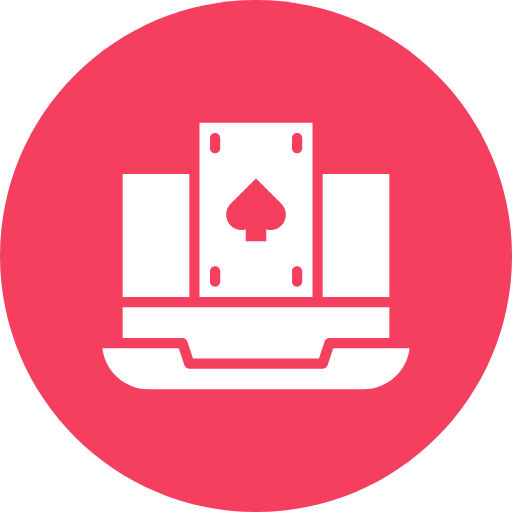Growing up in Quebec, sports were a constant in my life. Born on May 9, 1989, I was inspired by my older brother, Vincent, who excelled in various sports. His passion ignited my own, leading me to discover freestyle skiing at the age of seven. Joining the Stoneham acrobatic ski club was my first step into a world that would shape my identity as an athlete.
Early Years and Family Inspiration

Vincent and I trained together, constantly improving each other. This taught me the value of teamwork and support, which were essential throughout my career. I was drawn to freestyle skiing for its mix of creativity and athleticism. Navigating moguls and performing aerial tricks fueled my dedication.
Local competitions tested my skills and built my resilience. These experiences taught me to embrace competition while staying humble. At Stoneham, coaches recognized my potential and provided valuable feedback and support to refine my technique. One coach introduced me to visualization, which boosted my confidence and clarity during performances.
Rising Through the Ranks

In 2007, my efforts led to my selection for the Freestyle Canadian team. This success showed that with strong commitment, dreams can come true. I dedicated myself to improving my skills to reach world-class levels. The next year, I was named FIS Freestyle “Rookie of the Year.” This recognition allowed me to participate in international events, where I connected with experienced athletes and learned various techniques.
A key moment occurred in 2010 when I was invited to be a forerunner at the Vancouver Winter Olympics. Being alongside top athletes was an incredible experience. The vibrant atmosphere and fierce competition inspired me further. The Olympics represented the peak of my hard work and dedication, strengthening my resolve to succeed.
Facing Adversity and Making a Comeback
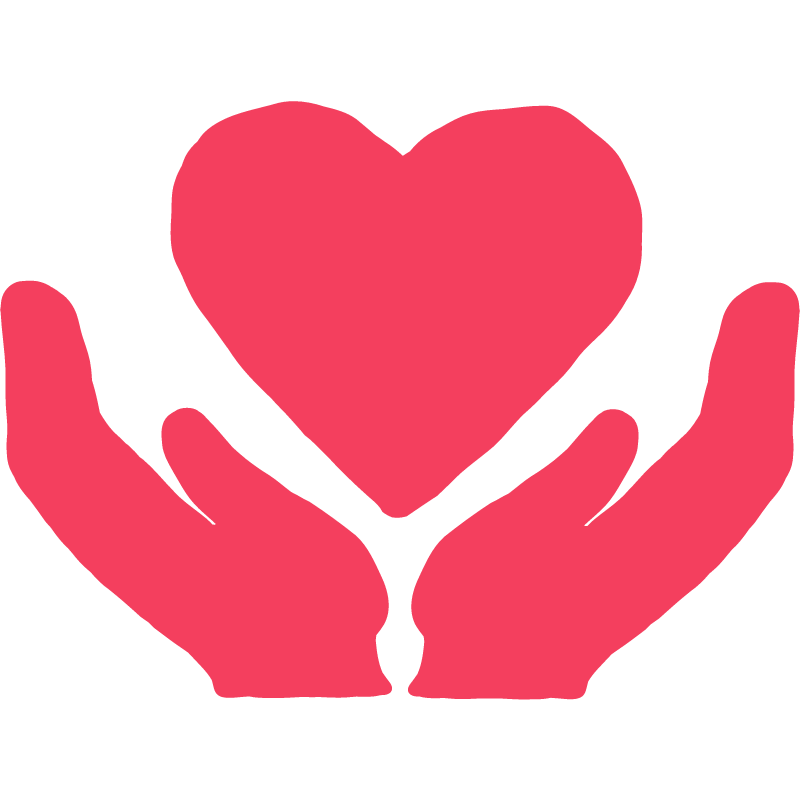
However, my journey faced obstacles, including a serious shoulder injury during the 2010-2011 season. The surgery and rehab were tough, and I feared missing the entire season. However, with encouragement from family, friends, and coaches, I built resilience. Committed to coming back stronger, I focused on intense physical therapy and mental training.
The 2011-2012 season marked my comeback. Competing again was thrilling, and my dedication paid off when I won an event in Sweden, earning my first World Cup podium. This win highlighted my hard work and support system, inspiring me to stay among the top ten skiers globally.
Peak Achievements
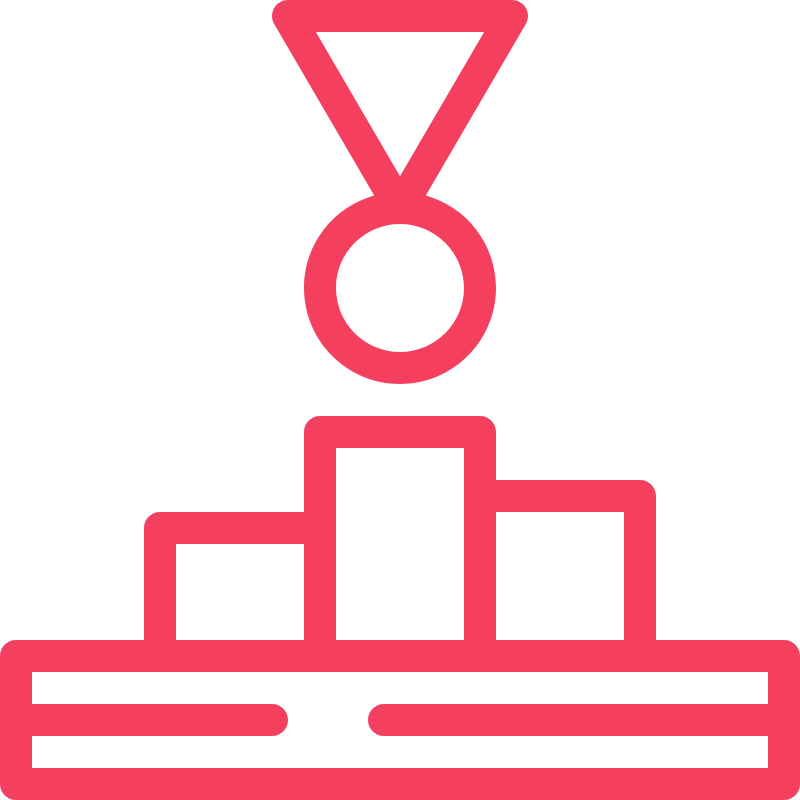
Consistency was essential. I constantly improved my techniques and broadened my skills by analyzing competitors’ strengths and weaknesses. This methodical approach fueled my training, resulting in ongoing growth and increased confidence.
My career highlight occurred in February 2014 at the Sochi Winter Olympics. Competing there fulfilled a lifelong aspiration. Despite finishing ninth, it felt like a victory, demonstrating my determination and ascent to the top level of my sport. I regarded the Olympics as a stepping stone rather than the ultimate achievement.
After Sochi, I kept competing, earning several podium finishes and winning a silver medal at the 2015 World Championships. Representing Canada internationally was a proud moment that reflected my journey’s challenges and the steadfast support from my family.
Overcoming Further Challenges
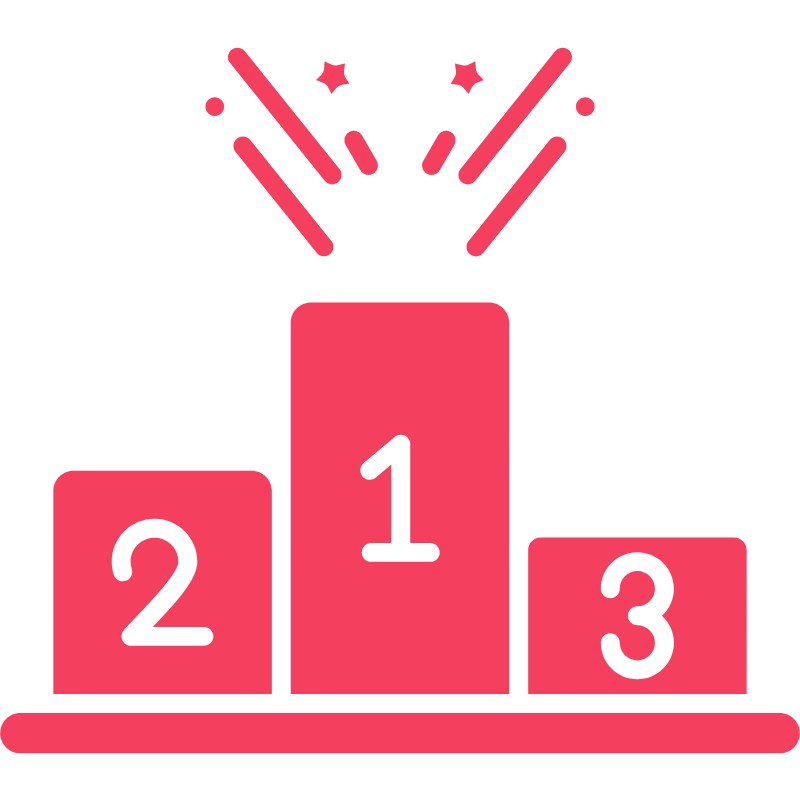
In 2018, a month before the Winter Olympics in PyeongChang, I injured my ACL. This setback made me question if I could compete again. Although I felt frustrated and scared, I decided against retirement and fought through it. With hard work, I rehabilitated and came back to compete in 2019, earning a silver medal in Japan. This success reinforced my belief that resilience leads to great results from challenges.
Transitioning to Coaching
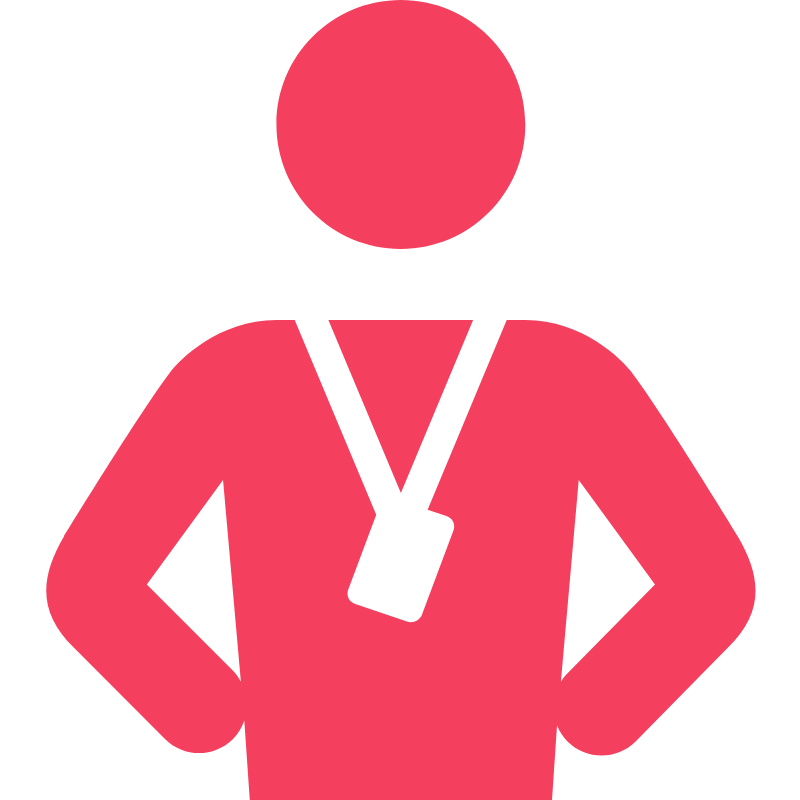
After retiring from competitive mogul skiing in 2019, I wanted to remain involved in the sport. I became the FIS head coach at Ski & Snowboard Club Vail for three seasons. Coaching allowed me to share my knowledge and guide the next generation of mogul skiers. I worked closely with young athletes to teach them the skills and values I gained during my career.
Coaching may differ from competing, but it’s just as fulfilling. I aim to promote teamwork, creativity, and development in aspiring mogul skiers. The experiences I’ve gained over time are crucial in guiding my athletes to become skilled, motivated, and resilient.
